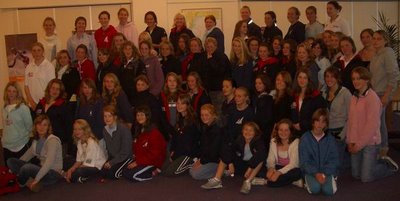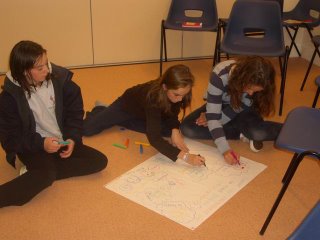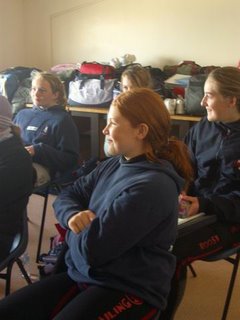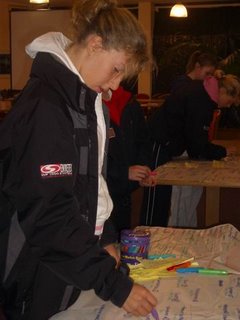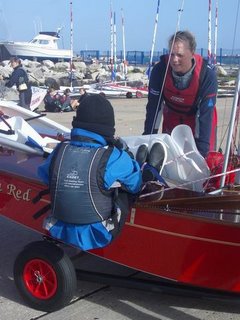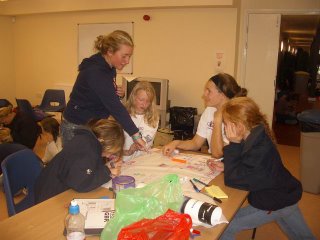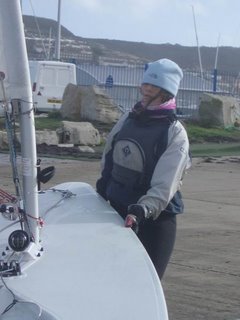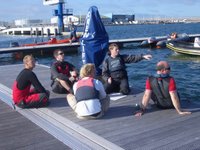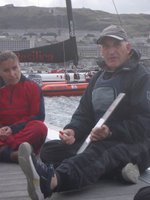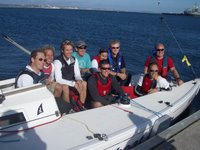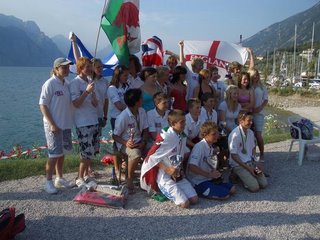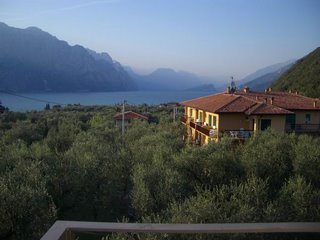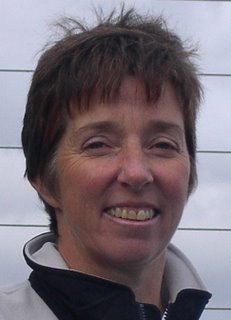I’ve been putting together my thoughts about the work that I do in sailing. As I do it so often and so naturally, it’s been a good discipline for me to stand back and see the wood for the trees.
My definition of a sailing coach is to be a generalist at the sport. A good coach will have no voids in their knowledge or ability, and will have a few great strengths. Experience (personal sailing background, range of classes trained and regattas attended at home and abroad) also helps to build the range and reliability of the service. Some years ago I was running a Coaches Seminar in Poland on behalf of the International Sailing Federation
http://www.sailing.org/ and I was asked to identify the number of ‘hats’ that a coach can be called upon to wear – 36 were identified!
Why do I find it important not to have a void? Because a Coach could be called to deal with any experience at any time - in the discipline of the sport or in the life surrounding it - especially when working abroad with teams. Sometimes coaches get together and swap stories (and learn from) our weird/difficult/outlandish experiences and some of the tales make your mouth drop open and the hairs stand up on your neck. Unless it’s your story, you come away thankful that had not happened to you – yet! The one thing that Coaches seem to fall back on is common sense.
What is common sense? I guess it is some kind of amalgam of experience (either first- or second-hand), the underlying moral code (society’s and personal) upon which so many of our behaviours are based, an instinct for danger which develops as you travel and compete, and the ability to assess the options reliably at some level and let only a few rise to the surface to be decided upon. Anybody else like to add to this?
At elite level the Specialist or Consultant coach is beginning to emerge as the circuit now demands nearly full-time sailors all fighting for advantage. For myself I am enjoying taking advantage of this by offering Campaign Coaching. I am known for the holistic way I have structured my own Olympic campaigns, and for my people and team skills which have been further honed by the business and life coaching I do. I use these strengths to help competitors to step up the professionalism of their campaigns.
I know that speed, that illusive ‘win all’ holy grail in sailing, comes from two component parts – technology and the sailors themselves. Yet in the ceaseless hunt for a technical edge, ‘sailor speed’ can get left behind. Any sailor who gets broken by the demands of competition or a team that breaks down under pressure knows the cost of not attending to this aspect. Good planning, dealing with stress, building the team, coping with the unexpected, handling conflicts, learning leadership, finding and managing money and contractors, climbing the pecking order, balancing compulsion with life………the list goes on. This is my strength. This is what I do as my Speciality. This is how I make a winning contribution to a competitor’s campaign.

